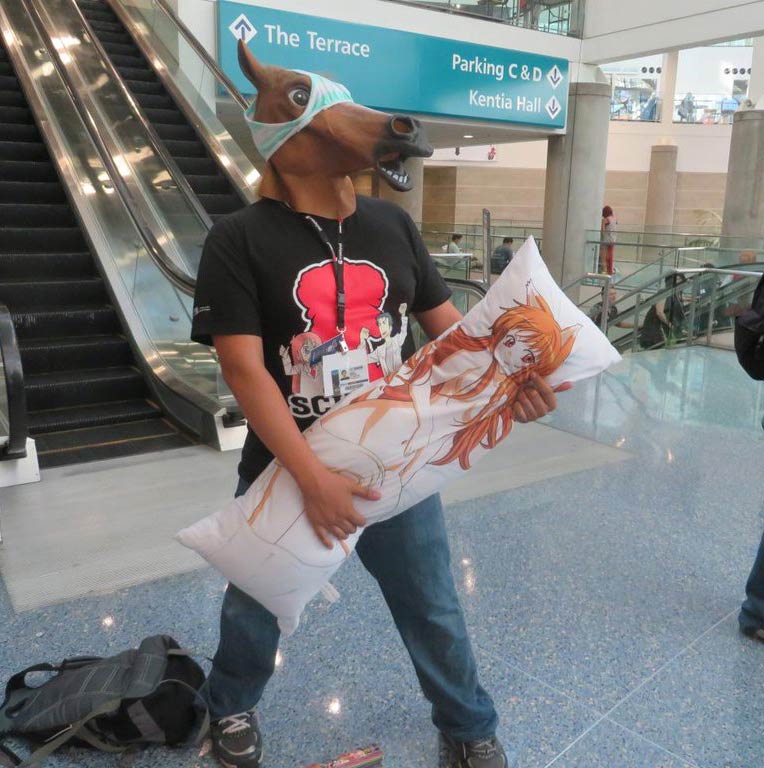There are two things that are really strange to watch in Japanese: sportscasters giving the play-by-play of an American football game and news reporting on American politics. With the U.S. presidential race officially underway, everyone is watching the caucuses to see which candidates will look the most “presidential” by the time they’re done. The Japanese masukomi — what the news media is called here, from “mass communications” — is no exception, following candidates around with cameras and explaining to viewers in extra detail just what is going on, since the American political process is about as confusing to the Japanese as, well, the rules of American football. Japan’s political structure is quite different, a British-style parliamentary democracy in which two major and three minor parties compete for seats in the country’s two legislative houses, with the party or coalition of parties in power electing the Prime Minister. Because the people don’t choose their leader directly as with Presidential elections, there’s a lot less dialogue between the Prime Minister and the people when it comes to the issues. The Japanese are often fascinated with the gap between flamboyant American presidents with their positive speeches that start with “My fellow Americans” and the more subdued politicians found in Japan, a country in which building consensus with other lawmakers is valued more highly than individual leadership skills.
Tragedy struck the other day when a man got caught in the doors of a gondola at a ski resort in our prefecture, falling to his death, and I happened to note that the news report stated that he was a “part time employee” of the ski resort. A person’s status as defined by how they’re employed seems to be somehow more important in Japan than it is in the U.S., and news reports regularly inform viewers of whether the person being talked about is a kaisha-in (full-time company employee), arubaito (part-time employee, from the German word for “work”), komu-in (public employee) and so on. It can be odd to hear this information provided so meticulously, especially when the employment status of the person being reported on has nothing to do with the event in question. One of the most common “people categorizing words” you hear is mushoku, or unemployed, so often tied to reports of crimes in the news. It’s not stated overtly, but it seems like the inclusion of a persons employment status in news reports helps viewers know how they’re supposed to feel, with the assumption that something that happenes to a homeless man or a “member of a violent gang organization” (the polite way to say a Yakuza gangster) is fundamentally different from a white-collar salaryman.















